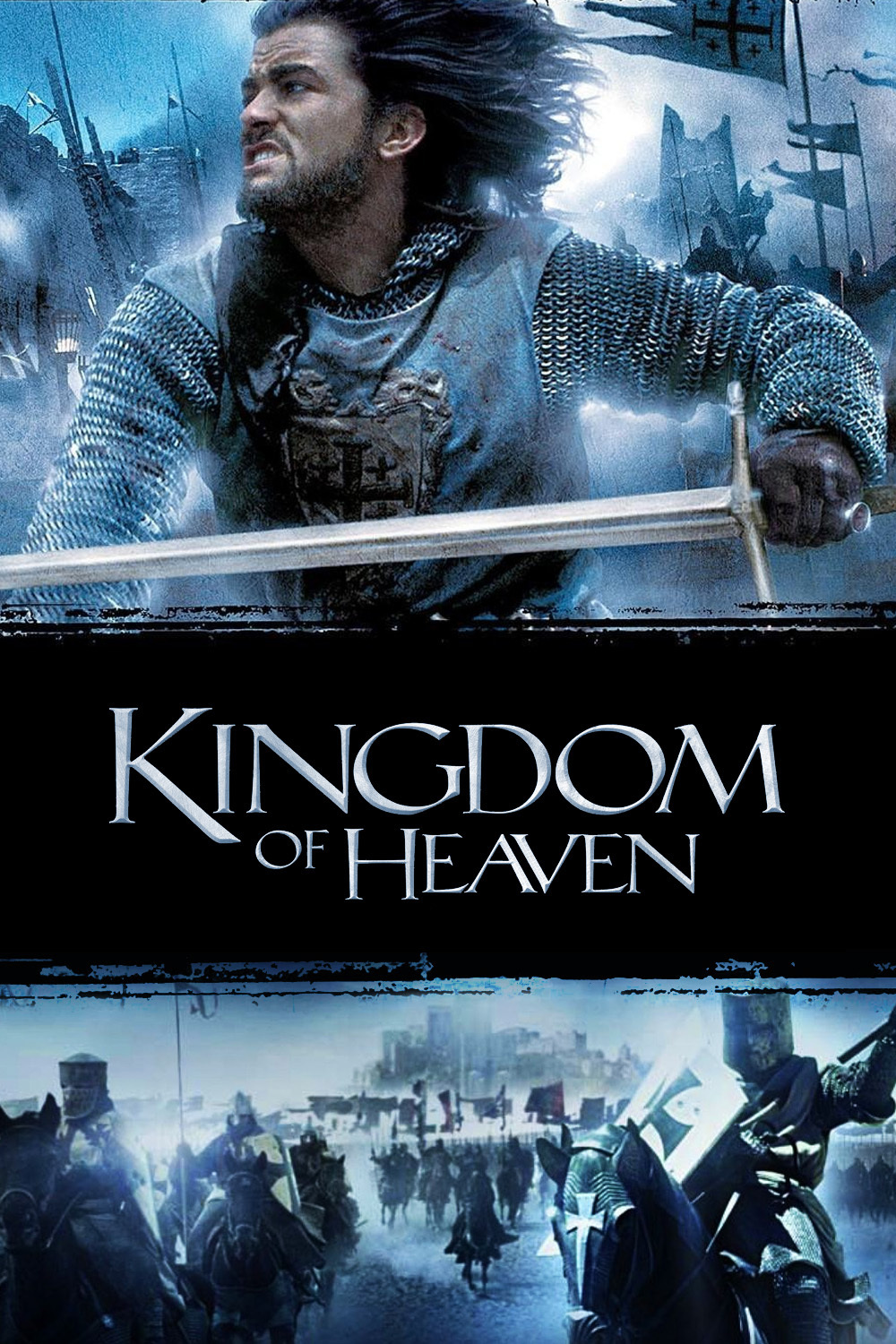Until the End of the World is a daunting movie, not least because it is nearly five hours long. Wim Wenders’ first narrative film after Wings of Desire was this epic passion project designed to be the “ultimate road movie”, spanning the globe, filmed in eleven countries, and with a grand yet subdued apocalyptic plot. To say the least, it’s ambitious, and every ounce of that ambition is on screen in the finished film. Though in its’ initial two and a half hour theatrical run in 1991 it was a failure, with Roger Ebert suggesting it might have been better as just a straight-up travelogue, the complete version is regarded as much better.
It’s certainly a movie that feels pertinent in these times, portraying a world on the verge of an impending potential apocalypse due to an uncontrollable nuclear satellite re-entering the atmosphere in the year 1999. A cautionary sense of technological doom is apparent as well, but the story is centred instead on an adventurous French woman Claire Tourneur (Solveig Dommartin, who conceived the story with Wenders) who gets involved in a cross country manhunt for a mysterious criminal (William Hurt) with whom she has a series of run-ins and romantic encounters as she uncovers his true identity and goal. Due in part to its length, but also its’ geographic scale, Until the End of the World feels genuinely big, and boasts the vision necessary for such enormity. It’s a way of Wenders commenting, sometimes prophetically, on certain anxieties and concerns related to things such as technological dependence, the frailty of the human psyche, scopophilia, naturalism and civilization, wanderlust, and even the complexity of personal relationships. The sci-fi element is often just a circumstantial tool and a plot device, at one point embodying a sort of Y2k style conspiracy.
Dommartin and Hurt aren’t the most charismatic leads though, the former visibly struggling in places to act outside her native language and the latter just a little too dreary -until about the last hour and a half. It’s actually Sam Neill, as Claire’s author ex-lover, and the films’ narrator, Eugene, who steals the show as one of its more unsung compelling characters. He’s partnered up with a German detective played by Rüdiger Vogler for a chunk of the story, and they are the best! Wenders also fills the movie with a who’s who of recognizable faces of world cinema, from the prominent Max von Sydow and Jeanne Moreau, to brief appearances from Walkabout’s David Gulpilil and Ozu staples Chishû Ryû and Kuniko Miyake.
And while the story itself is kind of fractured, with a lot of the early plot direction having little to do with the ultimate focus, and the genre often switching types (this might’ve been better served as a miniseries), the technical mastery more than makes up for it. Robby Müller’s cinematography is sublime, especially once the story reaches its narrative zenith in Australia, with some of the most beautiful imagery I’ve seen of that country. And the music and song choices, written specifically for the film by a number of Wenders’ favourite bands, are terrific as well. The film just succeeds wildly at transporting you and mesmerizing you through its atmosphere and pace. Certainly it’s no Wings of Desire, but its’ breadth, ideas, and perfectly unique feel will linger perhaps until the end of the world.
Criterion Recommendation: Kingdom of Heaven (2005)
Speaking of movies largely dismissed on initial release only to be reappraised with a longer cut, Ridley Scott’s period epic Kingdom of Heaven is perhaps the most under-appreciated film of its kind. Set during the 12th century Crusades leading up to the Battle of Hattin and following a French blacksmith compelled to come to Jerusalem’s defence, the film is a sharp contemporary religious and political commentary disguised as a medieval war movie. With notable parallels to the Bush-era (and ongoing) Christian-Muslim schism and modern neocolonialism, it offers valuable insight into themes of prejudice, war, and the cyclical nature of history. Of course it’s also shot beautifully, magnificent in scope, proportionally scored, and boasts a stupendous cast that includes Eva Green, Liam Neeson, Jeremy Irons, Brendan Gleeson, David Thewlis, and Edward Norton. Historically faithful to figures and even some events the movie is not, but it is a damn incredible piece of epic filmmaking nevertheless.
Support me on Patreon: https://www.patreon.com/JordanBosch
Follow me on Twitter: https://twitter.com/Jordan_D_Bosch
Letterboxd: https://letterboxd.com/jbosch/



Comments
Post a Comment